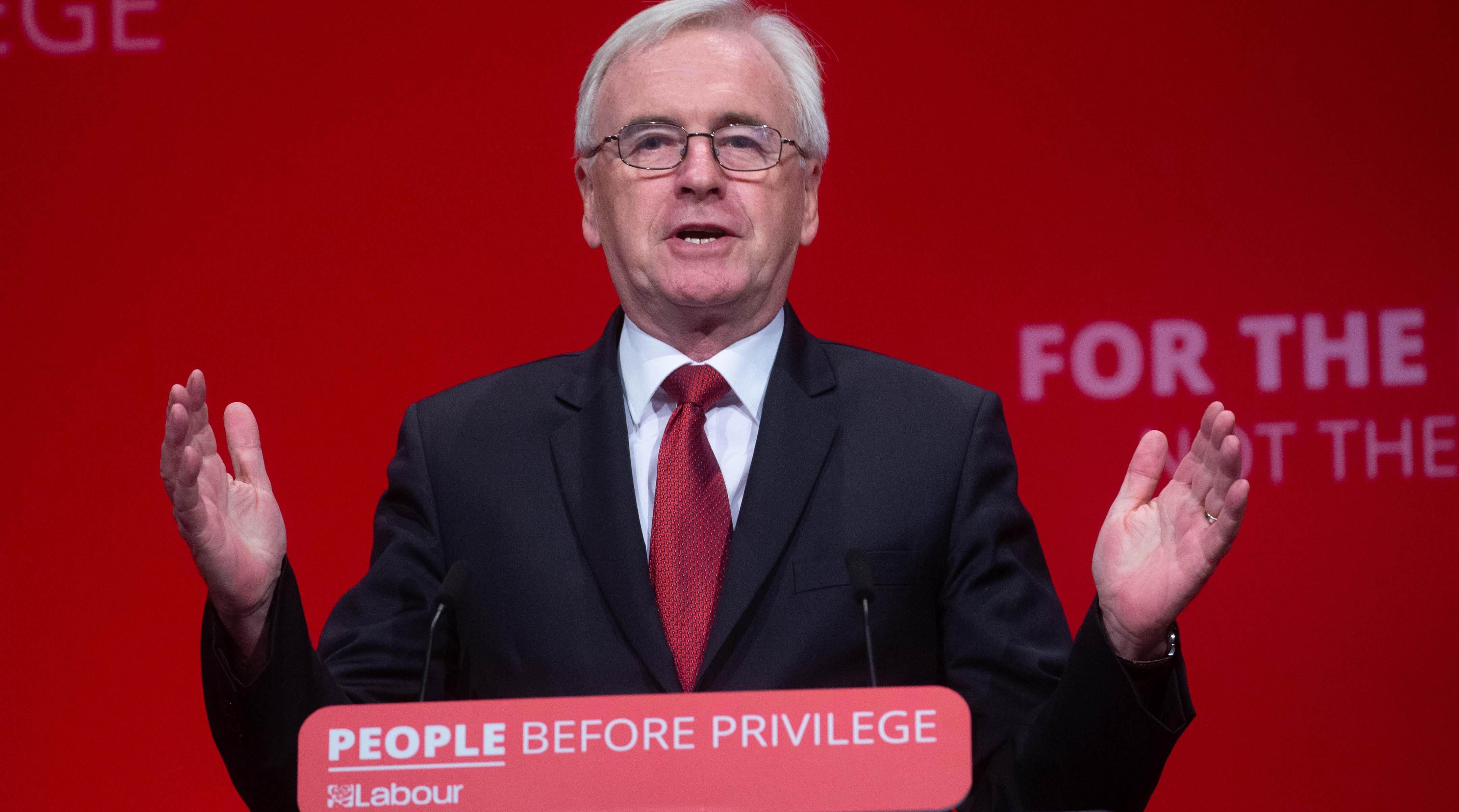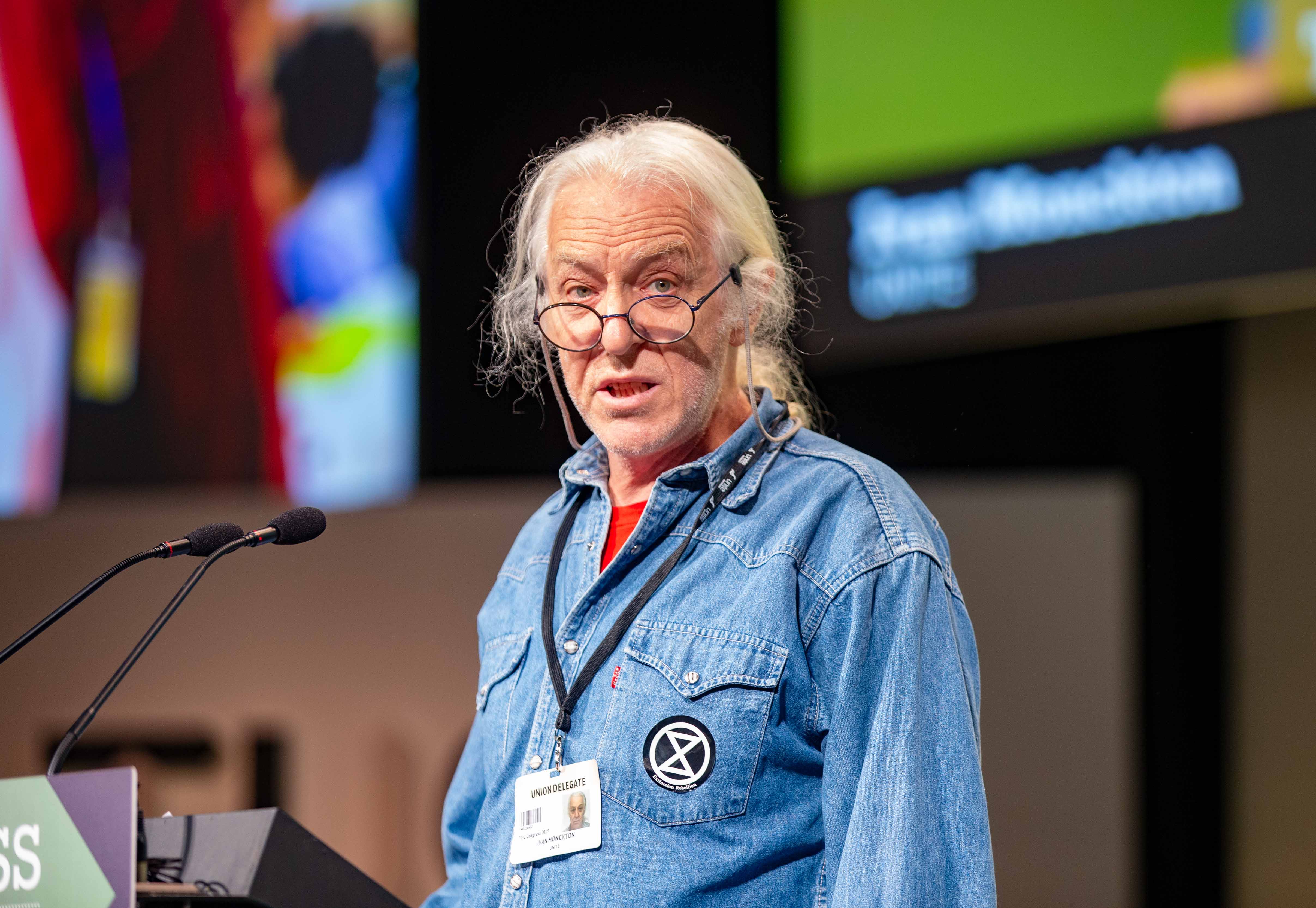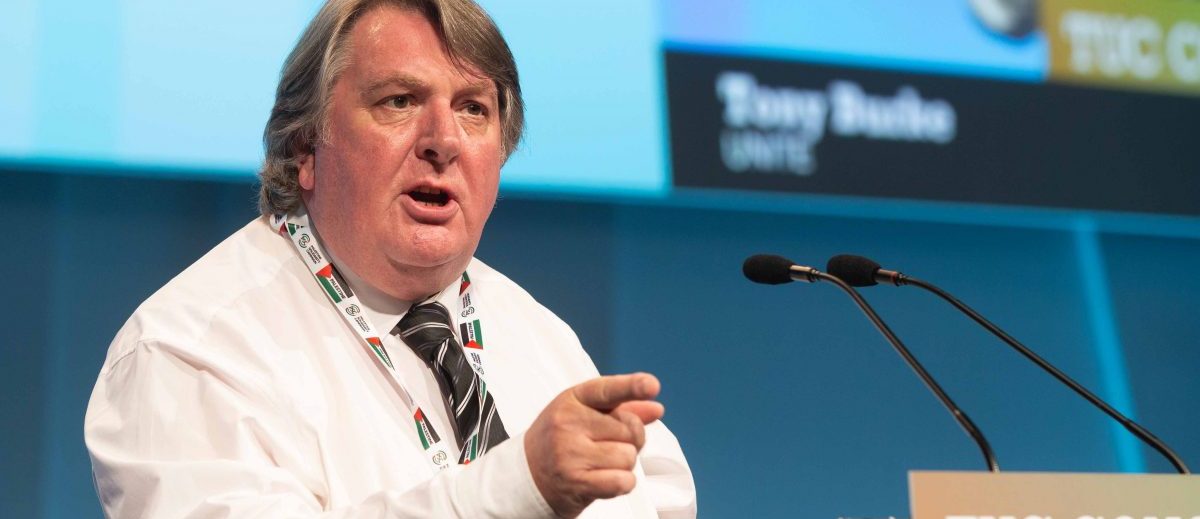Building the future world of work
Supporting a TUC conference motion on the demands for the future world of work today (9 September), Unite delegate Stuart Davies called for a trade union led campaign to reduce working time in the modern economy.
Davies said, “The world – and the world of work – is changing rapidly. Digitalisation and globalisation are having a profound impact on our lives and societies.
“The OECD’s latest Employment Outlook estimates that 14 per cent of existing jobs could disappear as a result of automation in the next 15-20 years, and another 32 per cent are likely to change radically as individual tasks are automated.
“And the risks include growing inequality and a â€digital divide’ in access to technologies and the benefits that arise from them.”
Unions must rise up to the challenge of harnessing technological developments in the economy and ensure that workers benefit from any changes, Davies said.
Fighting for shorter hours
“The trade union movement has a long and proud history of fighting for shorter hours. That includes the ground-breaking CSEU campaign for a shorter working week,” said Davies.
“Our movement must be front and centre of a new campaign and programme of work to flesh out a framework for how a reduction in working time can be achieved in the modern economy.”
Davies referenced a landmark agreement at his own workplace, Bentley Motors in Crewe, where Unite members have won a 35 hour week with no loss in pay.
Reduced working time can be taken in a number of different ways, but however it is achieved there most be no drop in pay, Davies added.
He said, “Significantly the OECD report I mentioned earlier identified the strong role that collective bargaining and social dialogue can help in addressing the challenges posed by a changing world of work.”
“Trade unions need to be at the heart of this transition, negotiating and collectively agreeing reductions to working hours.”
 Like
Like Follow
Follow


